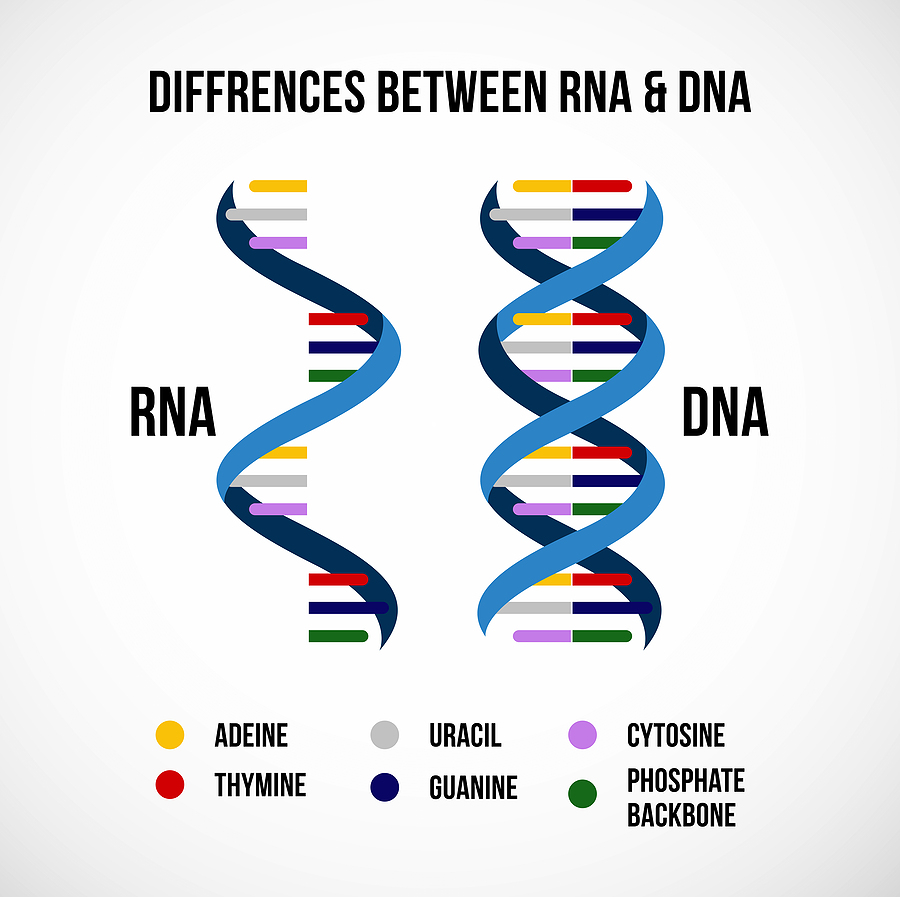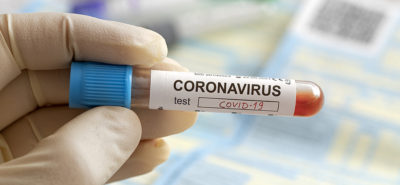Are You Confused about DNA and RNA? What’s the Difference? What’s Vaccine Status?
The new coronavirus is an RNA virus comprised of a collection of genetic material packed inside a protein shell. Be cautioned, viruses are complex and very difficult to describe and explain.
Scientifically, DNA is DeoxyriboNucleic Acid and RNA is RiboNucleic Acid (you were warned!). The difference in DNA and RNA is due to DNA containing the sugar deoxyribose, while RNA contains the sugar ribose. Want more? DNA is a double-stranded molecule, while RNA is a single-stranded molecule.
Another difference is DNA is stable under alkaline conditions and RNA is not. DNA is responsible for storing and transferring genetic information, while RNA acts as a messenger between DNA and ribosomes to make proteins.
Enough scientific gobble-d-gook; you need to know there has never been a universally acceptable vaccine for an RNA disease. Common colds, influenza, Ebola and Sars are all RNA virus issues with common colds, influenza and Sars also being Coronaviruses; just different strains. Common colds are the leading cause of missed school days until COVID-19, with influenza having a changing vaccine each year with 3 or 4 different strains and still only about 40-50% effective. The probability is high that COVID-19 will mutate requiring constant review and additions to any COVID vaccine.
Why? RNA viruses are not stable and constantly mutate.
Is the SARS-CoV-2 virus causing COVID-19 mutating? Yes, 14 mutations to date and maybe more by this publication. RNA viruses are expected to change and frequently. SARS-CoV-2 is mutating, but slowly and to date after mutation the mutated strains are remaining very similar to the original virus. The mutations to date are occurring on the “spike” protein; the virus component helping the virus to bind and fuse to our cells.
What we don’t know is if these mutations, the most feared designated as D614G mutation, will cause more severe illnesses or result in increased mortality associated with the mutations. Be aware the press is now describing mutations as variants – a gentler sounding word but the same meaning.
Will the changes be sufficient to require even more new vaccine variations? Will antibodies produced by B-cells be long or short lived in relation to a new vaccine’s effectiveness? Will there be side effects to the new vaccines and especially from mutated strains? Many unknowns exist and the speed of vaccine developments, while essential, reduces the extent of testing in humans in many aspects. Update: As of Jan 29, 2021 at minimum 3 new mutation/variants have been verified with at minimum one in Minnesota plus the original strain throughout the U.S.
Expecting a universally successful RNA virus vaccine is improbable based on past successes, but let us hope the Coronavirus diseases and any mutations can be brought under control and our daily life disruption be short in duration. Follow your health care professionals guidance inside and out and pray for our nation and the world.






